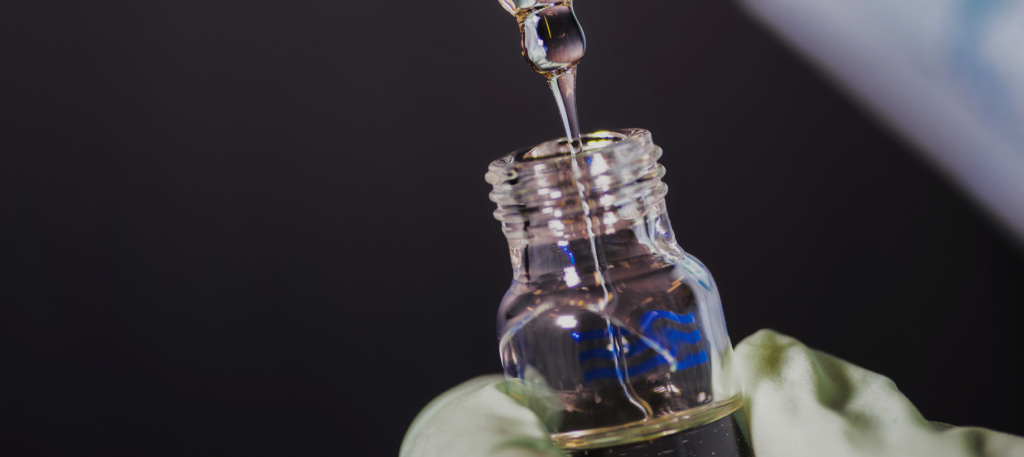Hormone therapy for men is typically centered on testerone levels.
Testosterone is the dominant hormone in men, and levels tend to peak in the late teen years. Once men reach the age of 35 their testosterone levels may begin to decline at a rate of 1-3% each year. But age is not the only thing that contributes to this drop in hormones: weight and lifestyle changes, genetics, and autoimmune disorders can also plummet testosterone levels.
Low testosterone levels activate symptoms that may negate quality of life.
- Our Branches
- About
- Our Specialities
- Services
Featured Services Offerings
 Our peptide therapy program features a wide range of peptides designed to help you regulate biological processes so that you can feel your best.
Our peptide therapy program features a wide range of peptides designed to help you regulate biological processes so that you can feel your best. Our doctor-guided program features nutritional counseling, full-body composition scans & weight loss medication.
Our doctor-guided program features nutritional counseling, full-body composition scans & weight loss medication. - Pricing
- Contact Us
- Results for {phrase} ({results_count} of {results_count_total})Displaying {results_count} results of {results_count_total}
- Book Now



